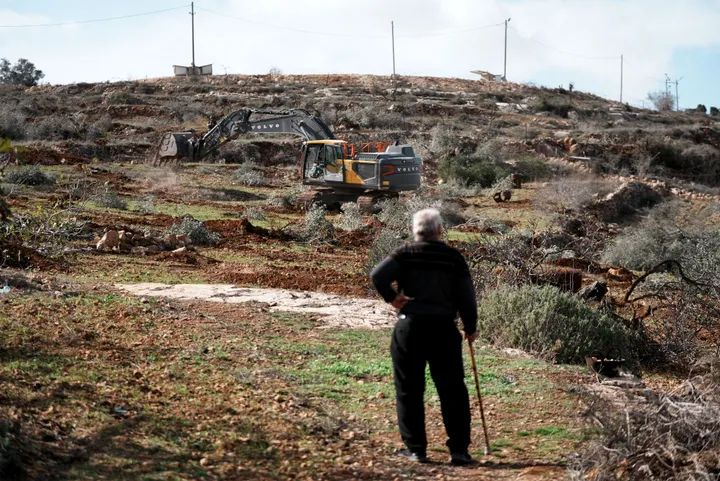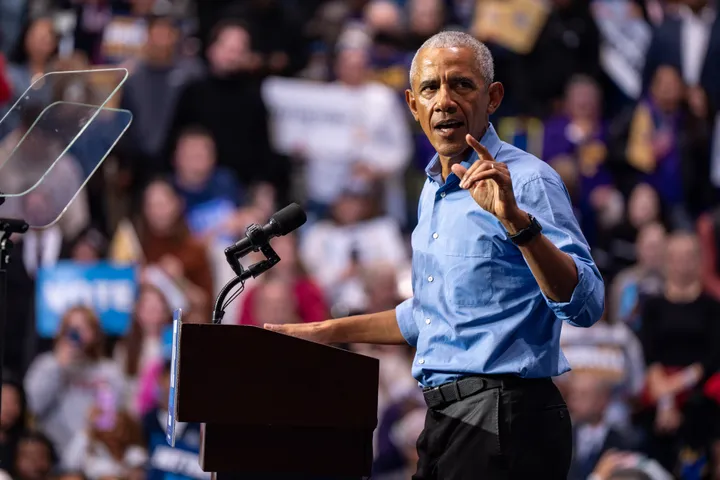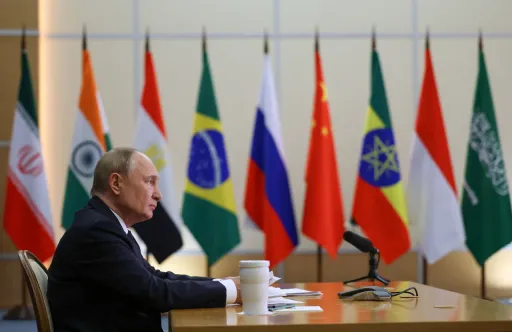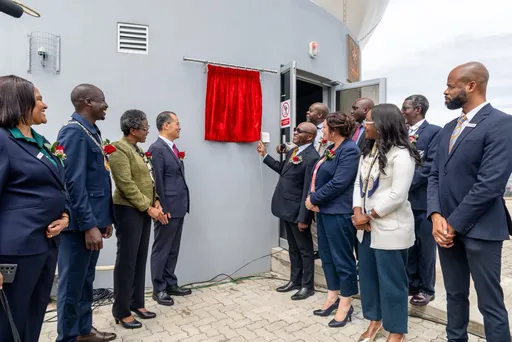By Abdulwasi'u Hassan
President Bola Ahmed Tinubu of Nigeria has formed a committee to explore the feasibility of subnational policing in the West African country as part of a move to address emerging security challenges.
"My stance is unequivocal. We must move aggressively to examine the issues at hand, including the potential for establishing 'state police'," the President told Nigerians, explaining the rationale behind his initiative.
The announcement came days after governors from the opposition Peoples Democratic Party (PDP) called on the federal government to consider giving states a semblance of autonomy in law enforcement to combat the country's region-specific security crises.
This isn't the first time the concept of sub-national police has been debated in Nigeria. But President Tinubu's endorsement of the idea is seen as a step forward given how the centralisation of policing has panned out.
This comes various parts of Nigeria grapple with kidnappings for ransom by armed gangs, armed robberies communal conflicts and terrorist activities by militant groups with security forces deployed to the affected areas.
As they make efforts to tackle the problems, which have worsened in recent years, the authorities are explore various options.
Nigeria's police force is a federally controlled set-up in which many officers are posted outside their native states. Some experts believe policing efficiency would improve if these officers were deployed in the states they hail from.
Under the existing system, the commissioners of each state report to the inspector general of police (IGP), who, in turn, is accountable to the country's President.
Although the governors of each of the 36 states of the Nigerian federation are the chief security officers of their respective domains, they have no powers to control the police force or the military.
This dichotomy, coupled with the fact that police officers don't necessarily work in the places they are native to, is part of the reason why there is a clamour for state police.
Nipping crimes in the bud
Adetunji Adeleye, chairman of the Amotekun command in Southwest Nigeria, is one such advocate.
Amotekun, meaning cheetah in the Yoruba language, is the codename for the Western Nigeria Security Network set up by the state governors in that part of the country.
“We had always advocated grassroots state policing as it appears right now to be the only solution to these perennial and incessant security breaches across the country," Adeleye tells TRT Afrika.
He cites what he describes as the success of the Amotekun initiative in Ondo State.
"If you take Ondo State as a case study, we have been able to nip criminal activity in the bud, reflected in the massive drop in the crime rate. This has been made possible by our people," says Adeleye.
"Once we see an outsider or somebody indulging in suspicious activity, we act on that immediately. If you run, we know the terrain more than you."
Opposing views
There have been apprehensions about the state-level apparatus overriding the federal security structure and creating more divisions in the country. But Adeleye says there is no cause for such apprehensions.
‘’As long as we keep to the law and the code of operations and practice, I don't see why a police force controlled by the state won't thrive."
Governors of states in the Southeast and the Northwest of the country have also established local security outfits to confront their challenges.
It is worth mentioning that currently, security outfits established by state governments have limited powers and weapon-carrying authority compared with the police and their members are mainly volunteers from communities.
For any changes to be carried out in the police structure, Nigeria's Constitution has to be amended.
However, as in many countries, bringing constitutional amendment is cumbersome in Nigeria. Two-thirds of 36 State assemblies and the federal legislature would have to accept such an amendment and there must be public hearings.
Those opposed to subnational policing argue that it could prove counterproductive.
‘’State police is not what the country needs now. It won't improve the security situation," Patrick Agbambu, CEO of Africa Security Watch Initiative, tells TRT Afrika. "Also, the Constitution does not allow it for now."
Patrick believes that governors and heads of local governments should focus on tackling the root causes of insecurity in the areas under their jurisdiction through better governance as well as addressing economic problems in collaboration with the federal government.
"They have the power. The Constitution has given them that, and they should look at supporting intelligence-gathering and preventing crime rather than reacting to it," he says.
According to Patrick, previous experiments with state-level policing in some form or other didn't work. There are fears some state governors could use the police under their control for their political advantage.
Those opposed to the idea of state police, like Patrick, say the federal police force should be strengthened with better equipment and more personnel as well as training of the personnel.
"I think given our peculiarities, situations, and uniqueness, state police won't be helpful," he explains.
Whatever the pros and cons of the move about creating state police, Nigerians feeling the brunt of internal security challenges would be hoping the tide turns soon.
➤Click here to follow our WhatsApp channel for more stories.























